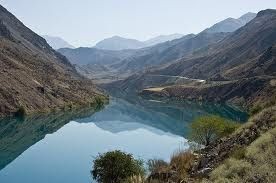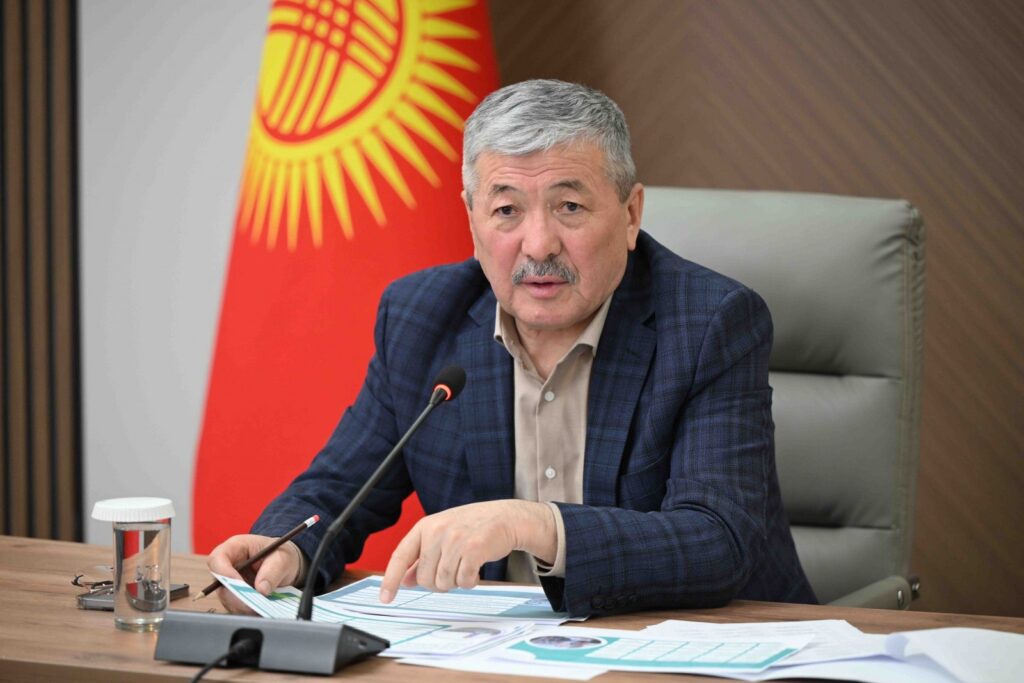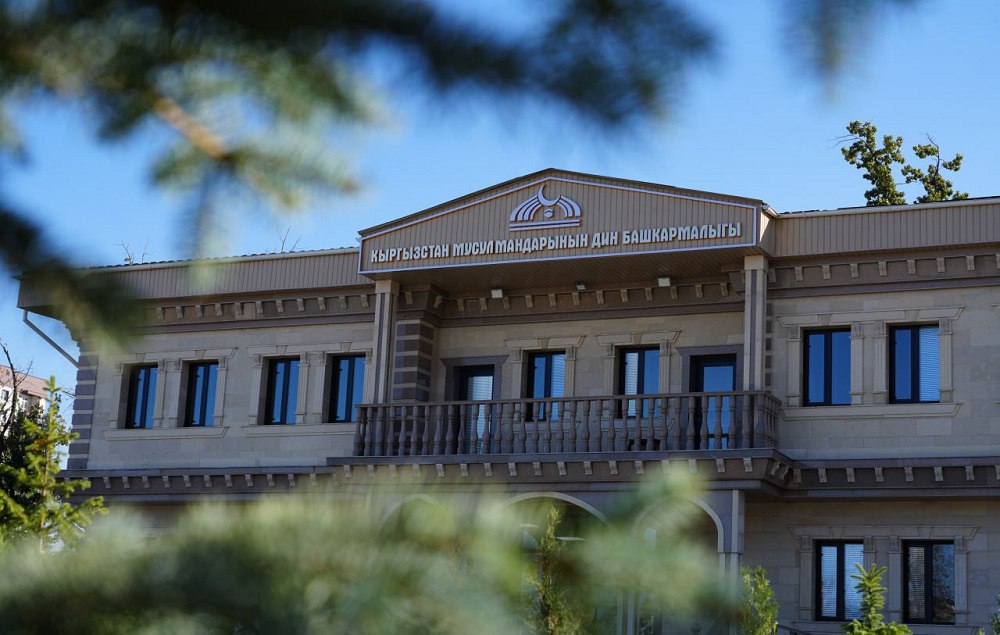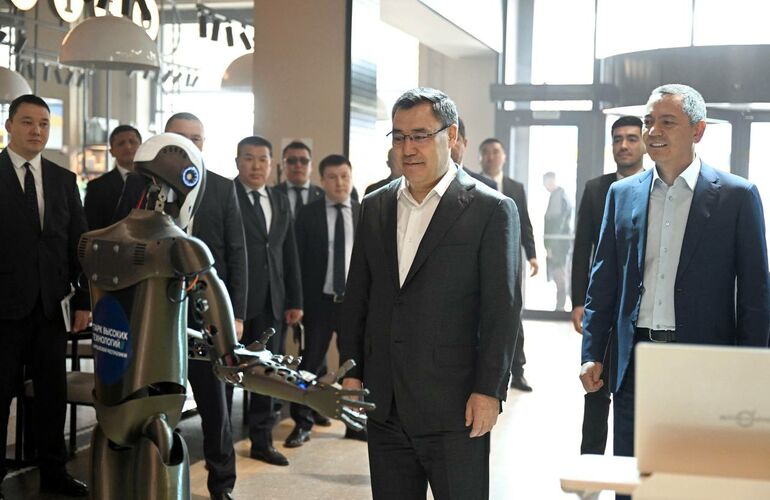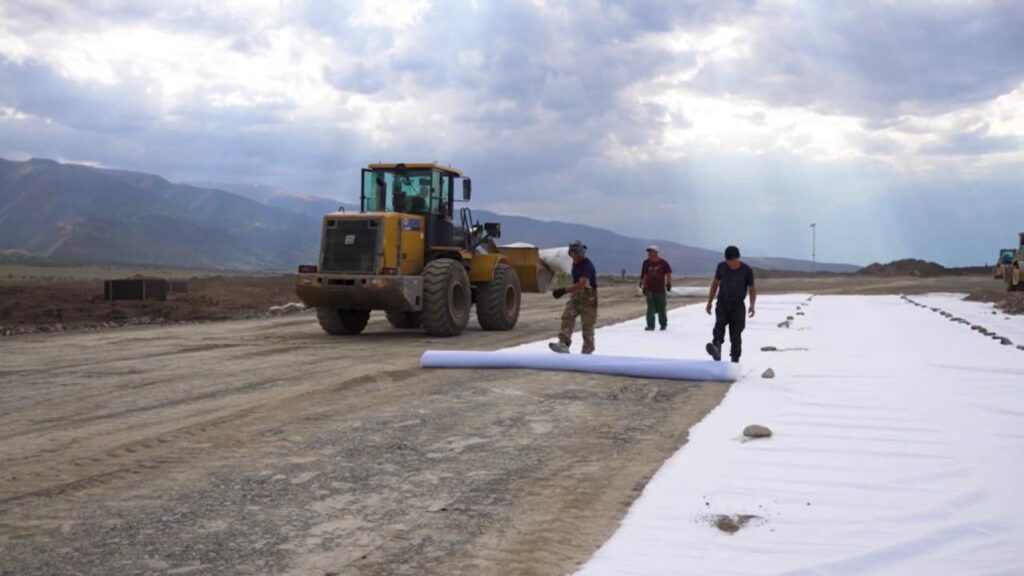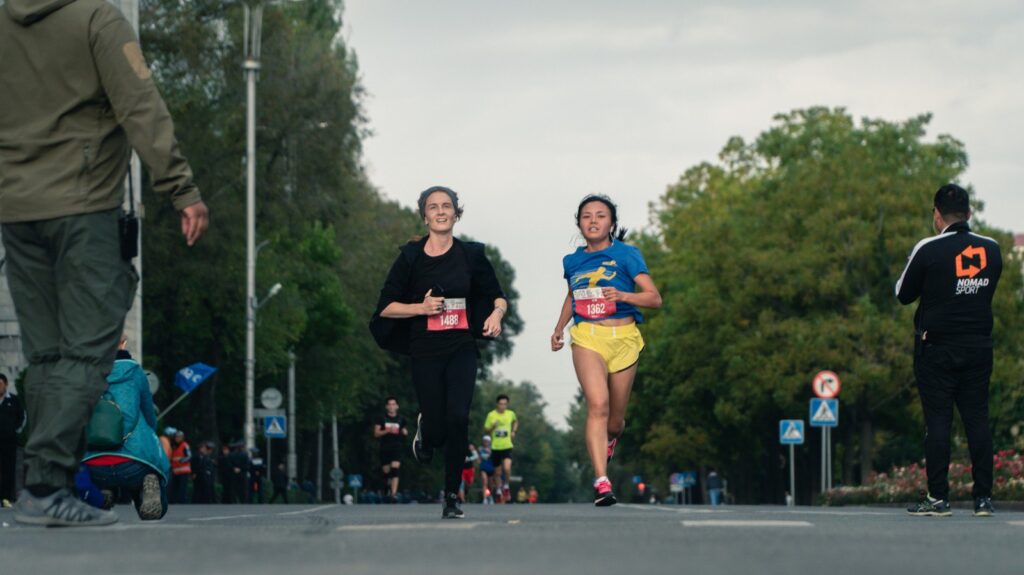BISHKEK (TCA) — The Second World Nomad Games will be held from September 3 to 8, 2016 at Lake Issyk-Kul in Kyrgyzstan. An official website of the World Nomad Games (WNG) has been launched (http://worldnomadgames.com) which is available in three languages – Russian, Kyrgyz and English, and provides also a mobile version. During the Games, the schedule and program of all events and medal standings will be available on the website.
The World Nomad Games is an international ethnic sporting event based on folk games of nomadic peoples of Central Asia. In 2012, Kyrgyz President Almazbek Atambayev proposed to hold the first-ever World Nomad Games to revive and preserve the culture, identity and ways of life of the nomadic peoples of the world in globalization. The initiative was supported by the heads of Kazakhstan, Azerbaijan and Turkey.
The first WNG took place in Cholpon-Ata town in the Issyk-Kul region in September 2014. They were attended by athletes from 19 countries and TV broadcasting covered 40 countries.
Racetrack
Construction of a new racetrack for the Games is accompanied by controversy and rumors. Many experts are dissatisfied with its high cost.
A new racetrack was built before the first WNG in the Baktuu-Dolonotu village but preparing for the Second WNG, the authorities decided to reconstruct the existing racetrack “in accordance with international standards”. As a result, the reconstruction cost has doubled compared to the initially planned 480 million soms.
According to the authorities of the Issyk-Kul region, the funding has increased due to parallel construction which does not allow taking into account all costs, as well to implementation of international standards.
Reconstruction of the racetrack in the Issyk-Kul region will cost 988 million soms, said the Finance Ministry, which was tasked to raise funds for the reconstruction.
The racetrack is being built with grant funds attracted by President Atambayev, not through the taxpayers’ money, Head of the Foreign Policy Department of the President’s Office, Sapar Isakov, said at a briefing in Bishkek. He believes that all the planned facilities for the Games will be built in time.
Tourism
Last week Bishkek hosted a meeting of the Tourism Council of the Commonwealth of Independent States (CIS) member states to discuss development prospects of the tourism industry in the new economic reality. The meeting gathered representatives of the tourism industry of Azerbaijan, Uzbekistan, Tajikistan, Belarus, Kazakhstan, Russia, and Kyrgyzstan.
The participants learned about the use of the Tourism Satellite Account (TSA) in Armenia and the possibility of its introduction in other CIS countries. The TSA is a popular method of measuring direct contributions of tourism to a national economy based on the collection and analysis of various statistics.
Kyrgyzstan’s Tourism Department suggested providing health tourism services for employees of Uzbekistan’s large industrial enterprises. For example, there is a huge mining and metallurgical plant in the Navoi city in Uzbekistan which employs 60 thousand people, and they could improve their health in Kyrgyz resorts.
Robbery
The media and social networks widely discussed the recent incident of robbery of a Russian family who had heard about valuable medical qualities of the water of Lake Issyk-Kul and decided to bring their disabled child for treatment here. On the bypass road near the Tokmak city, they were stopped by unknown persons posing as police officers. Under the pretext of checking documents the robbers took all the money from the tourists.
The robbers were soon found and arrested. A few years ago they were dismissed from the police for “discrediting the title of police officers”.
The most admirable was the responsiveness of Kyrgyz citizens who through social networks gathered money for the Russian tourists and handed it to them.
To compensate the moral damage and spoiled impression about the hospitality of the Kyrgyz people, the Issyk-Kul authorities organized free medical treatment for the child in one of the Issyk-Kul resorts. The Russian family was very grateful for the support. They have already completed their rest and returned to Russia.
Perhaps, this story would not have a happy ending without the support of the media. Immediately after the incident, the robbed tourists addressed not only the police but also the media which gave wide publicity to the incident.
Conclusion
Tourism is a promising sector of Kyrgyzstan’s economy but it brings modest revenue to the state budget, around 4-5% of GDP. Tourists mainly come from Kazakhstan (71%), Russia (13%), and other CIS countries. The main tourist destination is Lake Issyk-Kul.
Kyrgyzstan’s tourism opportunities have been discussed for years but there is no result yet. To attract foreign tourists, it is necessary to develop mountain skiing, mountain climbing and other extreme sports. Then Kyrgyzstan’s tourism will not be limited to Issyk-Kul only, and will cease to be seasonal.
To carry out ambitious plans the political will of the country’s leadership and competent management are needed, as well as financial investments, human resources, improvement of infrastructure and transport and air links, visa and other issues. It is vital to form a positive image of Kyrgyzstan abroad, as today the country is better known in the world due to its two revolutions and unrests.
